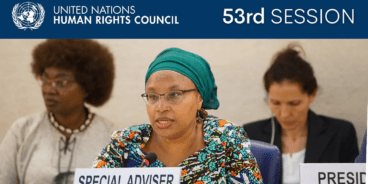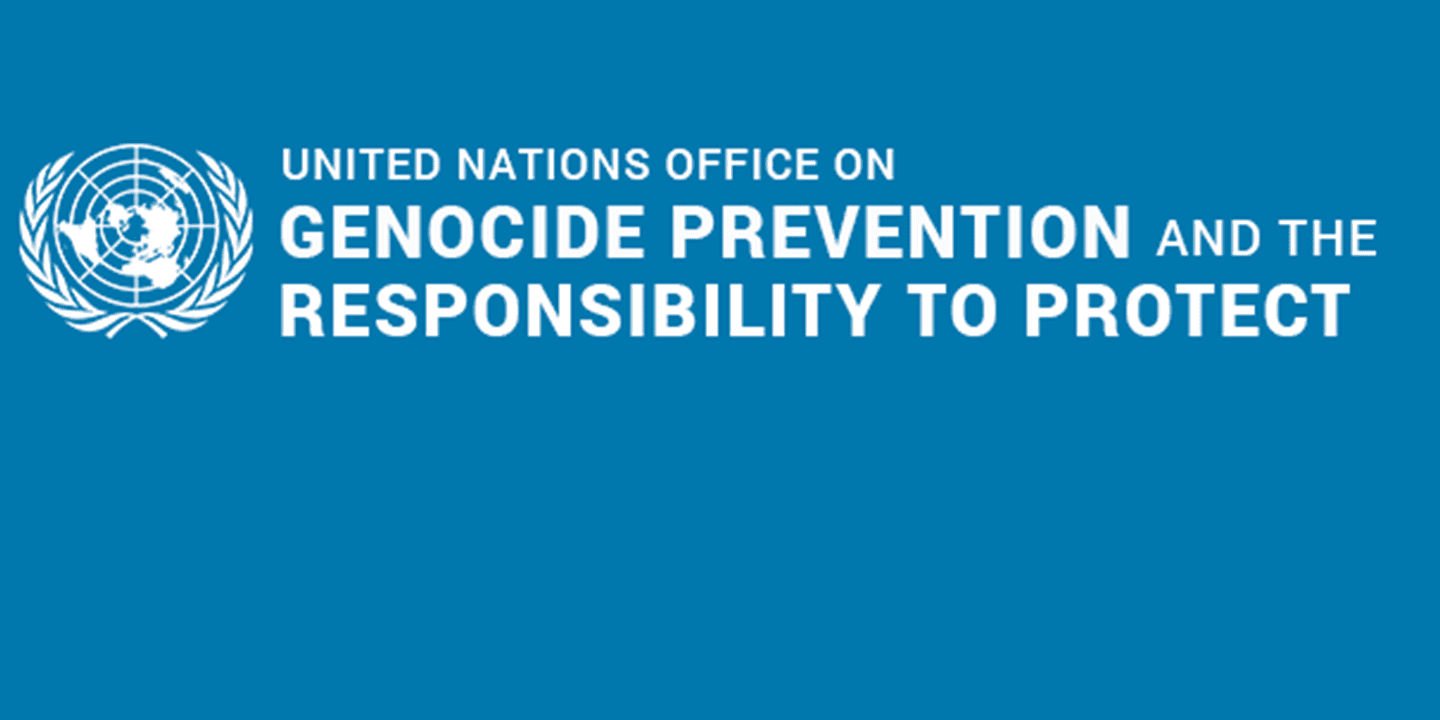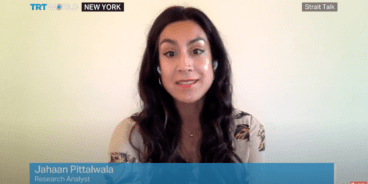

Statement by the UN Special Advisers on the Prevention of Genocide and the Responsibility to Protect on the situation in Yemen, April 2015
(New York) The Special Advisers of the Secretary-General on the Prevention of Genocide, Adama Dieng, and on the Responsibility to Protect, Jennifer Welsh, expressed concern at the dramatic and deteriorating situation in Yemen.
The Special Advisers expressed alarm at the impact on the civilian population of the military operations initiated by the Kingdom of Saudi Arabia on 26 March 2015 at the request of the Government of Yemen and supported by other Member States. They also expressed alarm at the widespread, lethal attacks by Al-Qaeda in the Arabian Peninsula (AQAP) and the Houthis, as well as other armed actors associated with them.
They expressed shock that protected groups, such as health workers, and civilian objects, such as medical and education facilities and private homes, have been hit by indiscriminate attacks in the course of the fighting. They reminded all parties that these sites are protected under international law and attacks against them could constitute war crimes.
The Special Advisors deplored the number of casualties since the escalation of violence, which have reportedly amounted so far to more than 300 civilians, including a large number of children. They also denounced the civilian casualties that resulted from airstrikes on the AlMarzaq camp in Hajjah province (Western Yemen) on 30 March 2015, a camp that was primarily housing internally displaced persons.
They echoed the call made by United Nations Secretary-General Ban Ki-moon to all parties involved to respect their obligations under international humanitarian and human rights law and ensure the protection of civilians and of United Nations, other humanitarian and associated personnel.
Special Advisers Dieng and Welsh noted with concern that sectarian tensions are increasing in Yemen, as demonstrated by media reports of calls by religious leaders in the Aden Governorate on 8 April for followers to engage in a holy war, and by the horrific 20 March bomb attacks at two mosques in the capital, Sana’a, and in Saada (north-western Yemen). The dire humanitarian situation and scarcity of basic supplies, including food and water, risks further increasing tensions. They warned, too, of the risk that sectarian tensions could spill over into the region, exacerbating an already tense environment.
The two Special Advisers noted that since the uprisings of 2011, the people of Yemen have made determined efforts to resolve their differences through political dialogue. However, this resolve is being seriously tested with the deepening sectarian divide and by the reported use of identity issues by parties to the conflict for political gain.
They stated: “The region is facing a critical moment. We call on the parties involved in the crisis, including decision-makers, political parties and groups, military, religious, tribal and community leaders, to take all possible measures to prevent sectarian reprisals amid the ongoing violence, to engage constructively in peace initiatives, and to promote respect for diversity.”
They reminded Member States of the commitment made by all Heads of State and Government at the 2005 World Summit to help protect populations from genocide, war crimes, ethnic cleansing and crimes against humanity, and to cooperate in fulfilling their collective responsibility to protect populations.
Special Advisers Dieng and Welsh stressed that the protection of populations affected by the escalating violence in Yemen must be a priority for the international community, with special attention given to the situation of the most vulnerable groups, such as women, children, internally displaced persons and minorities, including smaller religious groups such as Ismailis.
Related Content


